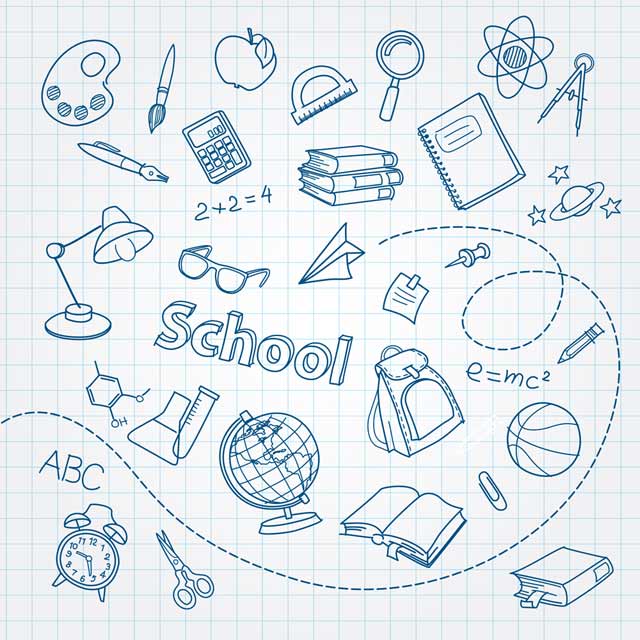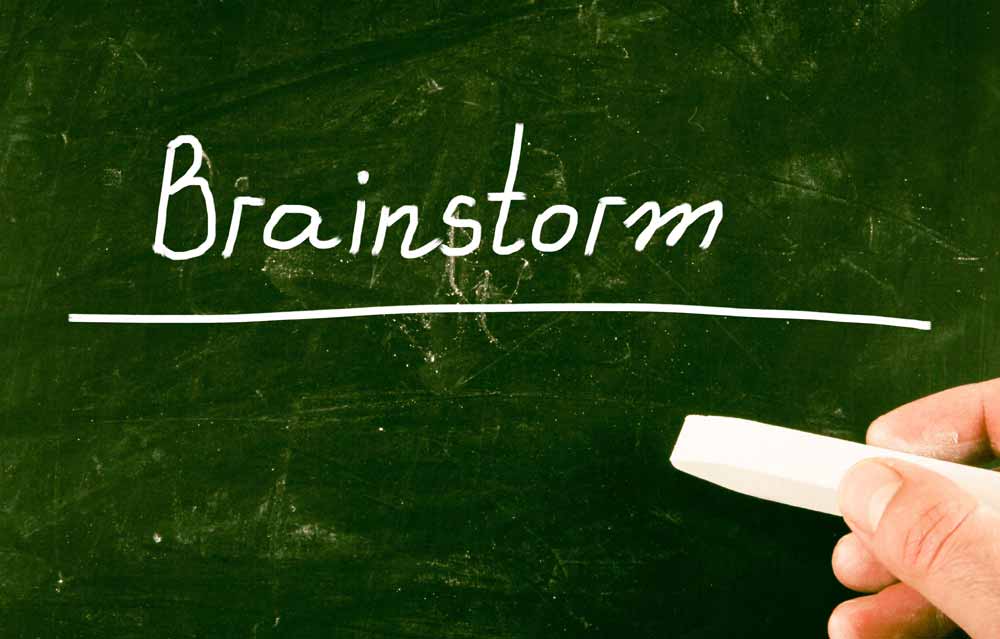 When I am discussing a physics problem and a student interrupts me to ask for the answer, I sometimes wait a moment before replying. Not because I don’t want the student to know the answer. On the contrary, I am pleased if he or she can get it right without my help. But if I sense that the answer is the only thing the student wants, then I wait.
When I am discussing a physics problem and a student interrupts me to ask for the answer, I sometimes wait a moment before replying. Not because I don’t want the student to know the answer. On the contrary, I am pleased if he or she can get it right without my help. But if I sense that the answer is the only thing the student wants, then I wait.
Teaching physics is not just about getting the right answer to the problem at hand. It’s also about teaching how to view the natural world, how to think critically, how to approach the unknown so that the student may eventually become a master and solve a physics problem no one has ever solved before.
This sounds idealistic. Of course, the reality of homework assignments, lab exercises, quizzes, tests and exams should not be ignored—like all instructors, I want my students to do well. Furthermore, not all those who study physics in high school or college will go on to study the subject at higher levels. Nevertheless, I think it’s important when teaching physics—and science in general—to convey some sense of the whole enterprise, which goes beyond memorizing formulas or facts, but is aimed at understanding the interrelationships of nature.
And this leads to a paradox. Because the only way I am able to convey any general idea is through specific examples. That is, I work with my students, guiding them through problems and showing them how to analyze situations that are not completely general. These problems—such as throwing a baseball—usually contain some simplification (the ball doesn’t rotate) or approximation (air drag is neglected) that limits how well any result obtained (say, for the speed of the ball just before it reaches the bat) corresponds to what goes on in the real world. And yet, I still hope that the students will catch on and realize that there is a general pattern, so that they will be able to apply what they learned with the baseball to a jet of water coming out of a fountain and maybe one day to designing a missile defense system.
Therefore, after the student has asked for the answer and the wait is over, I say, “I’ll tell you the answer. But first tell me how you solved the problem.” Once the student has told me what he or she did, I’ll probe a little more and ask about the assumptions the student made or any limitations of the calculation, trying to encourage a general view of the physical principles involved. And then I’ll give the answer. Because we all like to get it right.
By Neer Asherie, Private Tutor
 My experience as a college engineering professor for the past twenty years tells me that students who are motivated tend to perform better academically, graduate within six years of education, and to either pursue advanced degrees or transition into engineering jobs of their choosing. But how do students get motivated? Is motivation an innate skill or can it be attained? What makes a student motivated?
My experience as a college engineering professor for the past twenty years tells me that students who are motivated tend to perform better academically, graduate within six years of education, and to either pursue advanced degrees or transition into engineering jobs of their choosing. But how do students get motivated? Is motivation an innate skill or can it be attained? What makes a student motivated? Word recognition is an important domain in successful reading. Being able to immediately
Word recognition is an important domain in successful reading. Being able to immediately  The
The